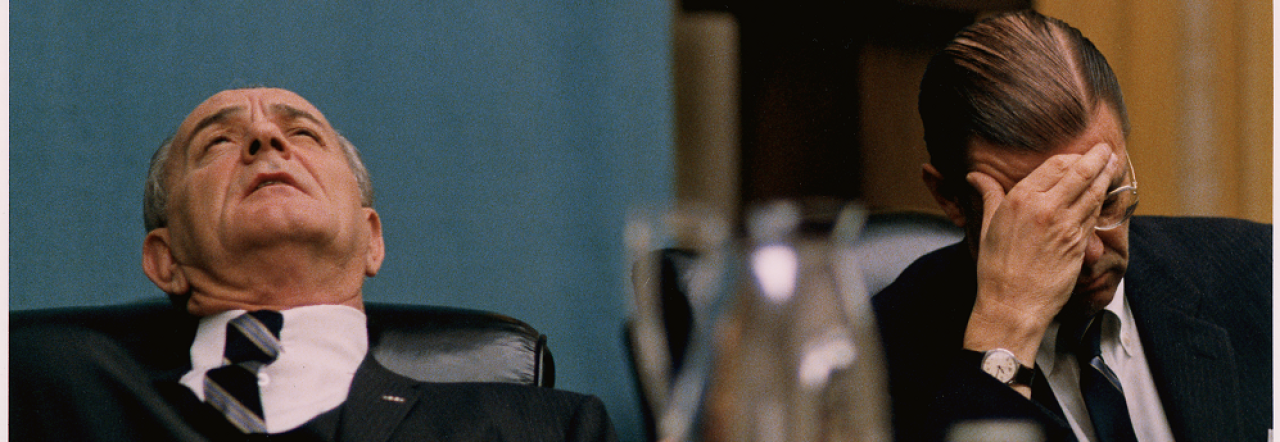From The Atlantic.
Here is a portion of a well-written article by Jack Goldsmith.
The Framers of the Constitution wanted to create a powerful, independent executive branch, but they didn’t want to stoke fears that the new United States would replicate the monarchy from which it had just separated. Confident that George Washington would be the first chief executive and would use his power responsibly, they established an unstructured office with ambiguous authorities. Article II vests the president with “executive Power,” but it doesn’t define the term, and it gives the president only a few rather modest enumerated powers.
These vague constitutional contours allowed the presidency to grow, in response to changes in society and the world, into a gargantuan institution that the Framers never could have foreseen. The president’s control over the bully pulpit, federal law enforcement, and the national-security establishment has made the office the dominant force in American government and a danger to constitutional liberties. The flexible structure of the office has meant that it is defined largely by the person who occupies it—his character, competence, and leadership skills. Great presidents, such as Washington, Abraham Lincoln, and Franklin D. Roosevelt, exercised power wisely (though controversially) to lead the nation through crisis. But Richard Nixon debased the office and betrayed the Constitution and our laws, while others, like Ulysses S. Grant and Warren G. Harding, allowed the executive branch to become engulfed in corruption and scandal.
This was the background to the near-hysterical worries when Trump became president. During the campaign, he pledged to act in illegal ways; expressed illiberal attitudes toward freedom of speech, religion, and the press; attacked immigrants and minorities; tolerated, and even incited, thuggery at his rallies. The man who on January 20, 2017, took a constitutional oath to “preserve, protect, and defend the Constitution of the United States” seemed disdainful of the rule of law and almost certain to abuse his power. “He is unlikely to be contained by norms and customs, or even by laws and the Constitution,” wrote Peter Wehner, a circumspect Republican commentator, in The New York Times the day after Trump’s inauguration. Wehner captured, in an understated way, prevalent fears about Trump’s presidency.


